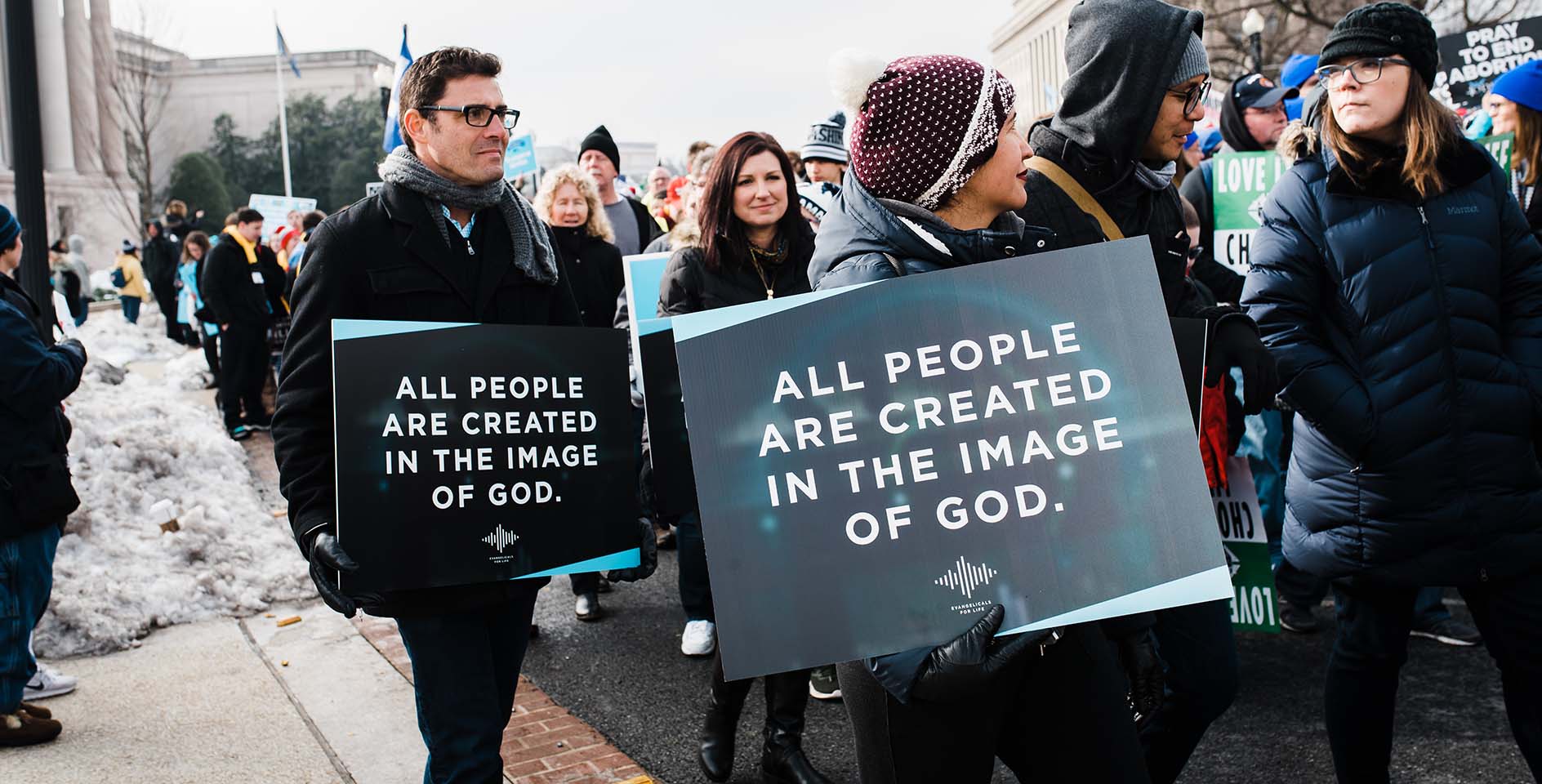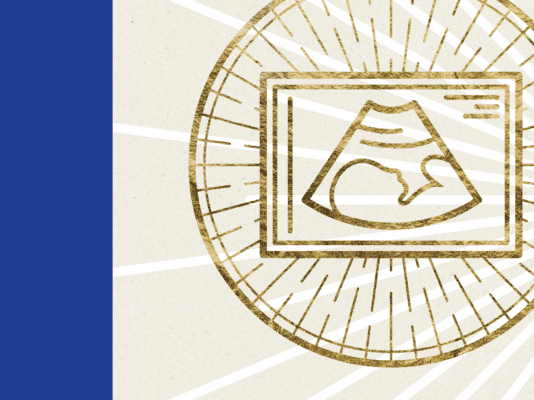Years ago, I was talking with a fellow Christian ethicist about various aspects of social ethics (moral reflection on societal, structural, and communal issues) and it struck me that he never spoke much about the doctrine of the imago Dei, or the image of God, as central to the Christian ethic. I pressed in a bit on why he didn’t seem to emphasize it, and he responded that the Bible simply doesn’t really speak of it much and that when it does it mainly focuses on how Christ is the perfect image of God (Col. 1:15-17). To my surprise, he did not see the doctrine as the primary force behind the moral vision of the Church.
I never really heard much about the image of God even though I grew up around the church. I learned about the horrors of abortion and the call of the Church to care for “the least of these” no matter how small (Matt. 25:40), but it was never talked about in light of the image of God. However, from my earliest memories, there was an understanding that there was something unique about humanity, that my neighbors were to be valued above the rest of creation, and that all of our lives had some deeper purpose and meaning. Even without the language of the imago Dei, it was clear to me and my church that every human life was sacred and worthy of respect.
What does it mean to be made in the image of God?
The Dutch Reformed theologian and ethicist, Herman Bavinck, writes in volume one of his Reformed Ethics, “Without the Bible, it is impossible to answer the question of where human beings are from, and thus no answer can be given to the questions of what they are or where they are headed: one can only surmise, suspect, presuppose, and philosophize” (35). As I teach in my worldview analysis courses, this question of what it means to be human and where we are headed takes center stage in ethical formation because these types of questions are on the heart of every human being, whether they are vocalized or even consciously asked.
So what does it mean to be human? Or, to ask it in light of the Christian ethic, what does it mean to be made in the image of God? Genesis 1 tells us that after God created the entire world, including plant and animal life, he created humanity as man and woman. Furthermore, he made them distinct from everything else that he had made because he created them in his image and after his likeness (Gen. 1:26–28). This was declared “very good” after the rest of creation was simply called “good.” Acts 17:28 even reminds us that we — not other parts of his creation — are God’s offspring.
One of the theological debates that has garnered much attention throughout Church history is what it actually means to be created in the imago Dei. Is the image simply some trait or substantive aspect of us like our ability to reason? Is it simply our capacity for having a relationship with God and others? Or is there some type of functional or representational aspect to the image of God that humanity bears? While there are countless resources on those questions and emphases, two things are clear from Scripture: God made humans unique and distinct from the rest of creation, and we must seek to understand the One we are made to reflect in order to grasp what the imago Dei means.
The truth that we are made in the image of the Triune God reveals to us that all human life has value and dignity because we are defined in relation to our infinite Creator, not by our abilities or contributions to society, as is the popular belief in the prevailing utilitarian or consequentialist ethic of the day. As Carl F.H. Henry puts it in his Christian Personal Ethics, our “dignity is derived from the Divine purpose in creation and redemption” (149).
The image of God and Christian ethics
Being created in God’s image is something that should drive all of our moral actions due to the dignity and infinite value of every person. Our dignity is not based on our abilities, gifts, or even perceived usefulness to society. Nor is our standard of ethics based simply on what we want but on what God has specifically revealed to us as his unique image bearers. Bavinck describes this in Reformed Ethics by saying, “We can only be truly good at home, in the public square, and everywhere else, when we are the image of God” (42-43). Because without a proper understanding of who we are, we simply cannot grasp God’s design for us nor honor him in the ways we live.
The imago Dei also sheds light on our moral accountability and agency as God’s creatures. Humanity is uniquely designed and accountable to God, even if we try to deny that reality with our beliefs or actions. As much of modern ethics is rooted in the idea of the autonomous man, the Christian ethic reminds us that we exist in a relationship of total dependence upon God. Henry reminds us that as opposed to non-Christian ethics, the Christian ethic “speaks directly to man the moral agent who is lost in sin and accountable to a Holy God” (160). Without a proper understanding of the imago Dei, no one can actually do good regardless of how much one tries because we do not define the standard of what is truly good (Romans 3:10-12). Everything about our lives — including our ethic — must be rooted in this doctrine since it defines our entire existence before God as individuals living in community with others.
As the basis for human dignity in the Christian moral tradition is rooted in the very image of God, we must see that this belief extends well beyond the personal and to every aspect of life. This is the reason that Baptists and many others are so passionately pro-life and march to defend the rights of the pre-born today. We advocate on behalf of the pre-born because of their infinite value as image-bearers. We care for vulnerable women because they too are unique image-bearers of God. We fight for justice because all people are image-bearers. We advocate for the humane treatment of immigrants, refugees, and even people around the world under repressive authoritarian regimes because they too are image-bearers of the almighty God.










